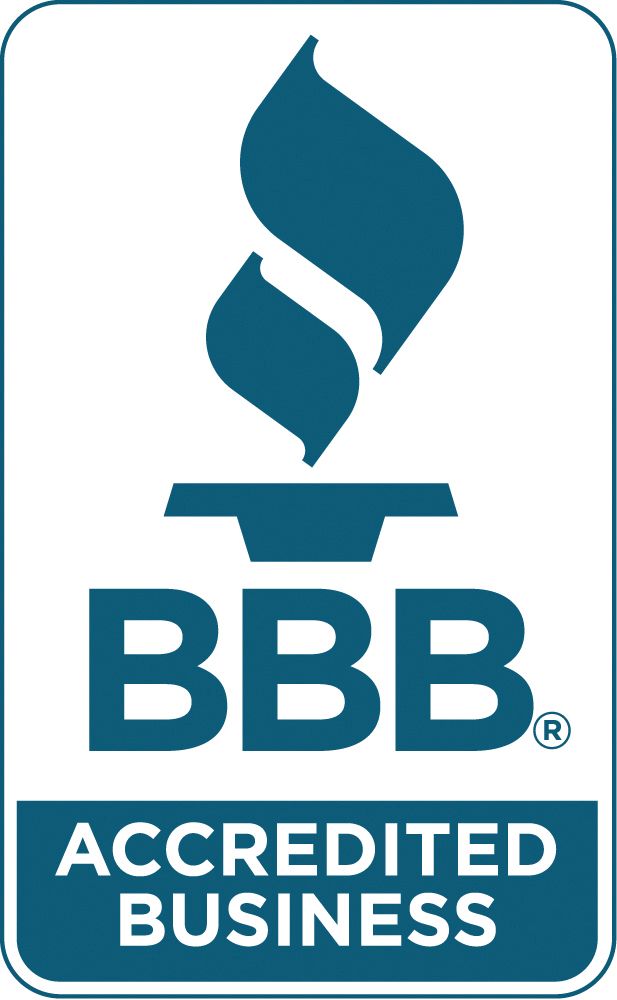More Knowledge and Expertise in the Praxes Online Store
When you and your staff have a busy schedule, it's hard to find time for training. Yet the knowledge you receive from new courses improves your clinical skills and most importantly your client outcomes.
That's why Praxes offers online training courses in our Store. Available from one to three hours, the courses are research-based, offer examples, and give you practical expertise. It's easy: you go to the course, select from the offerings, purchase, and download.
Course titles such as Functional Behavior Analysis, Commercial Sexual Exploitation of Children and Youth, Sexual Orientation, Gender Identity and Expression, and Crisis Management. Your next dose of clinical knowledge is just a click away.


